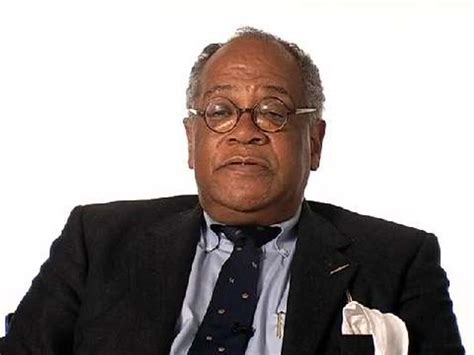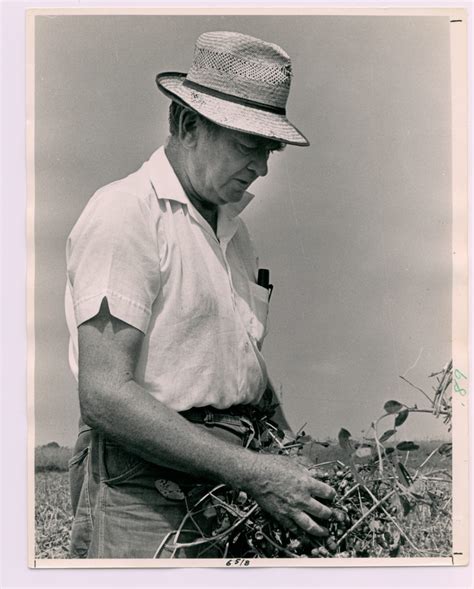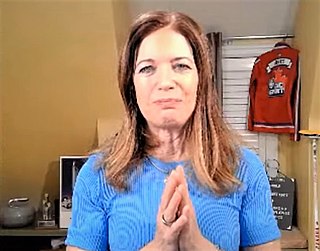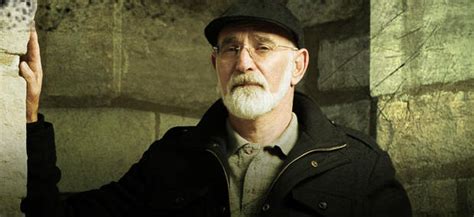A Quote by Sadie Robertson
The thing is, Jesus died for us so we should be able to die for Him. It is an important question to ask yourself.
Related Quotes
The question should not be 'What would Jesus do?' but rather, more dangerously, 'What would Jesus have me do?' The onus is not on Jesus but on us, for Jesus did not come to ask semidivine human beings to do impossible things. He came to ask human beings to live up to their full humanity; he wants us to live in the full implication of our human gifts, and that is far more demanding.
These criminals represent us. One of them recognized Jesus for who he was and received him; Jesus promised that when he died he would be in heaven with him. The other man rejected Jesus and closed his heart. Unlike the first criminal, when he died he didn't go to heaven. He went to hell. In that sense, these two men on either side of Jesus are just like every person. We either embrace Christ as our Savior and spend eternity with him, or we reject him and say, 'I don't believe it. I'll have nothing to do with.' And these people spend eternity separated from him.
The resurrection of Jesus was simply God's unwillingness to take our 'no' for an answer. He raised Jesus, not as an invitation to us to come to heaven when we die, but as a declaration that he himself has now established permanent, eternal residence here on earth. He is standing beside us, strengthening us in this life. The good news of the resurrection of Jesus is not that we shall die and go home to be with him, but that he has risen and comes home with us, bringing all his hungry, naked, thirsty, sick prisoner brothers with him.
If you ask a living teacher a question, he will probably answer you. If you are puzzled by what he says, you can save yourself the trouble of thinking by asking him what he means. If, however, you ask a book a question, you must answer it yourself. In this respect a book is like nature or the world. When you question it, it answers you only to the extent that you do the work of thinking an analysis yourself.
I have studied many religions, many different persuasions of thought in Christian belief, and I have come, in this experience to this: the most important question in anyone's life is the question asked by poor Pilate in Matthew 27:22: 'What shall I do, then, with Jesus who is called Christ?' No Other question in the whole sweep of human experience is as important as this. It is the choice between life and death, between meaningless existence and life abundant. What will you do with Christ? Accept Him and life, or reject Him and die? What else is there?
If you are going to call yourself a Christian - and I don't - then you have to ask yourself a fundamental question, and that is: Whom would Jesus torture? Whom would Jesus drag around on a dog's leash? How can Christians tolerate it? It is unconscionable. It has put our young men and women who are over there, fighting a war that they should not have been asked to fight - it has put them in greater danger.
Socrates dies with honor, surrounded by his disciples listening to the most tender words -the easiest death that one could wish to die. Jesus dies in pain, dishonor, mockery, the object of universal cursing - the most horrible death that one could fear. At the receipt of the cup of poison, Socrates blesses him who could not give it to him without tears; Jesus, while suffering the sharpest pains, prays for His most bitter enemies. If Socrates lived and died like a philosopher, Jesus lived and died like a god.
Even as the angry vengeful thoughts boiled through me, I saw the sin of them. Jesus Christ had died for this man; was I going to ask for more? Lord Jesus, I prayed, forgive me and help me to forgive him....Jesus, I cannot forgive him. Give me your forgiveness....And so I discovered that it is not on our forgiveness any more than on our goodness that the world's healing hinges, but on His. When He tells us to love our enemies, He gives along with the command, the love itself.




































